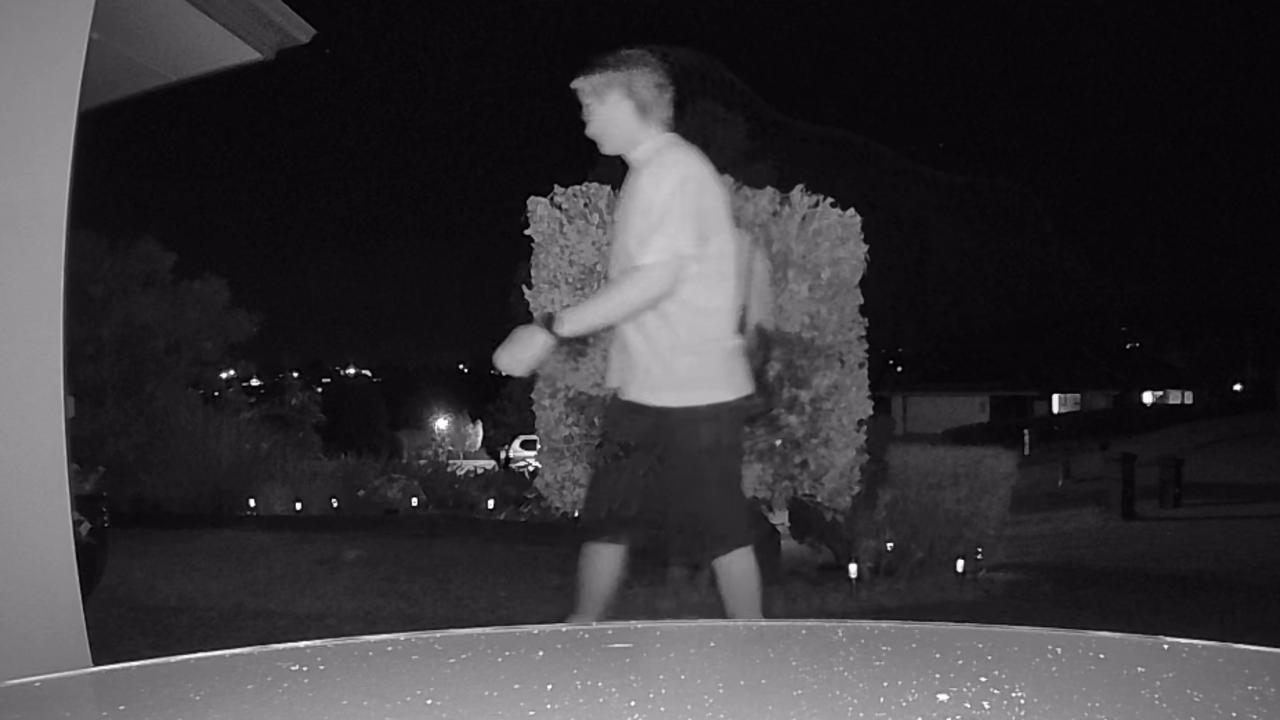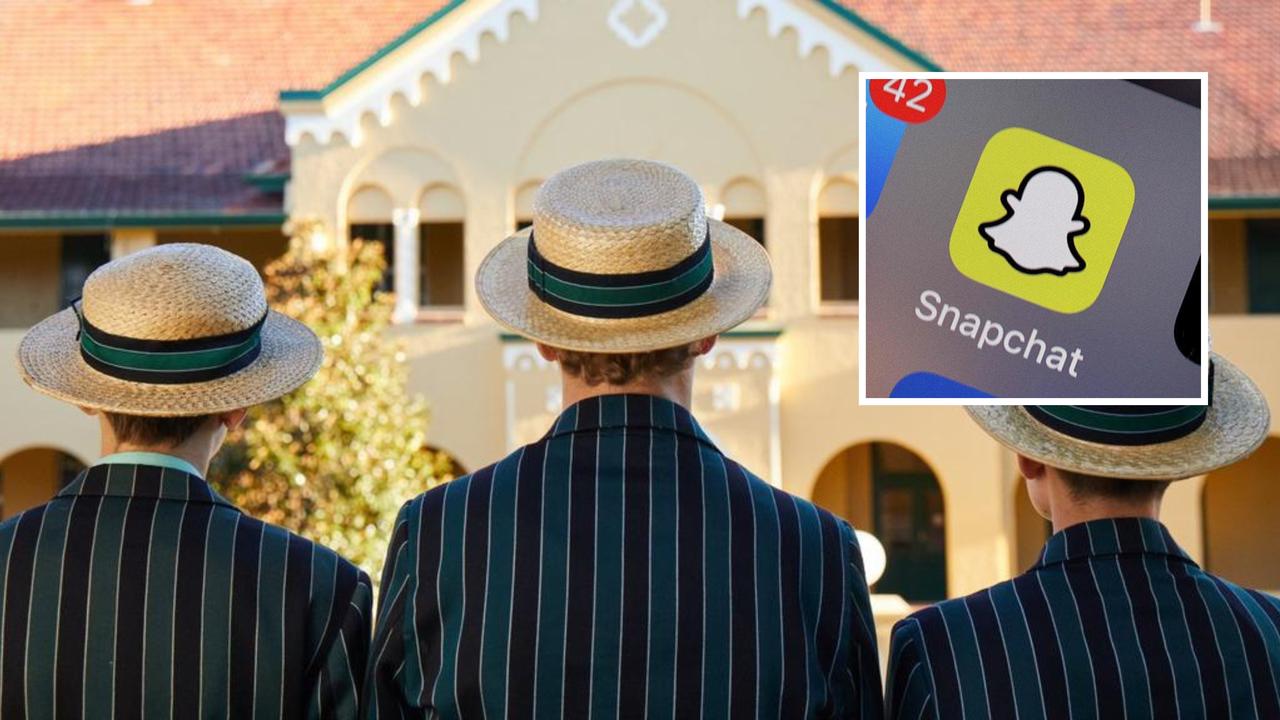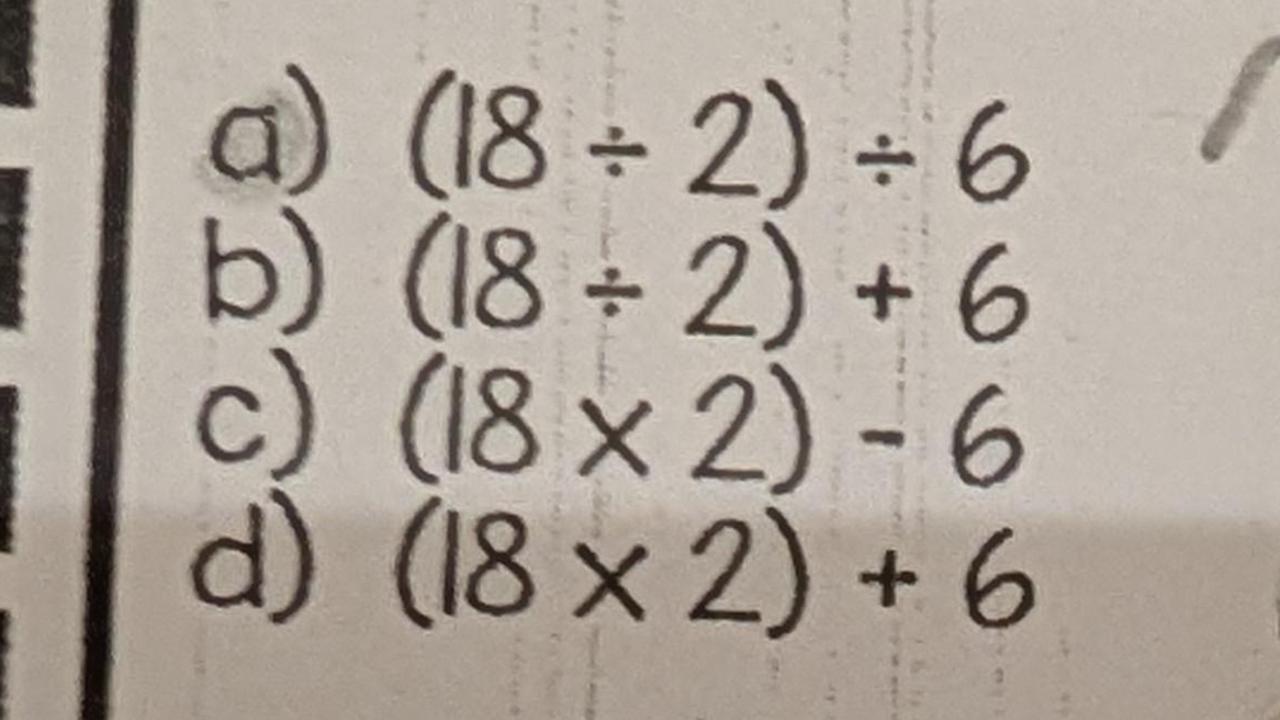From Pikachu to Pudding: Country bans unique baby name trend
One country is cracking down on a quirky baby naming trend, in a bid to prevent administrative and logistic headaches.

Parenting
Don't miss out on the headlines from Parenting. Followed categories will be added to My News.
Japan is putting outlandish baby names to rest by cracking down on niche monikers that have become trendy in recent years, such as Pudding, Kitty and Pikachu.
Japanese parents-to-be will no longer have free rein over what they name their children, following the introduction of new rules about the pronunciation of certain ‘kanji’ characters this week.
These are Chinese characters that are used in the Japanese writing system and represent whole words. The issue lies in the fact they are able to be pronounced in various ways, depending on the other characters they are paired with.
In other words, you can’t always tell how a name is pronounced just from looking at its characters, and for many monikers, a different set of phonetic characters are needed to spell out the sound of a person’s kanji.
The crackdown aims to prevent the use of ‘kira-kira’ (shiny or glittery) names throughout the country, and comes after a longstanding debate about what rights Japanese parents should have when naming their children, according to The Times.
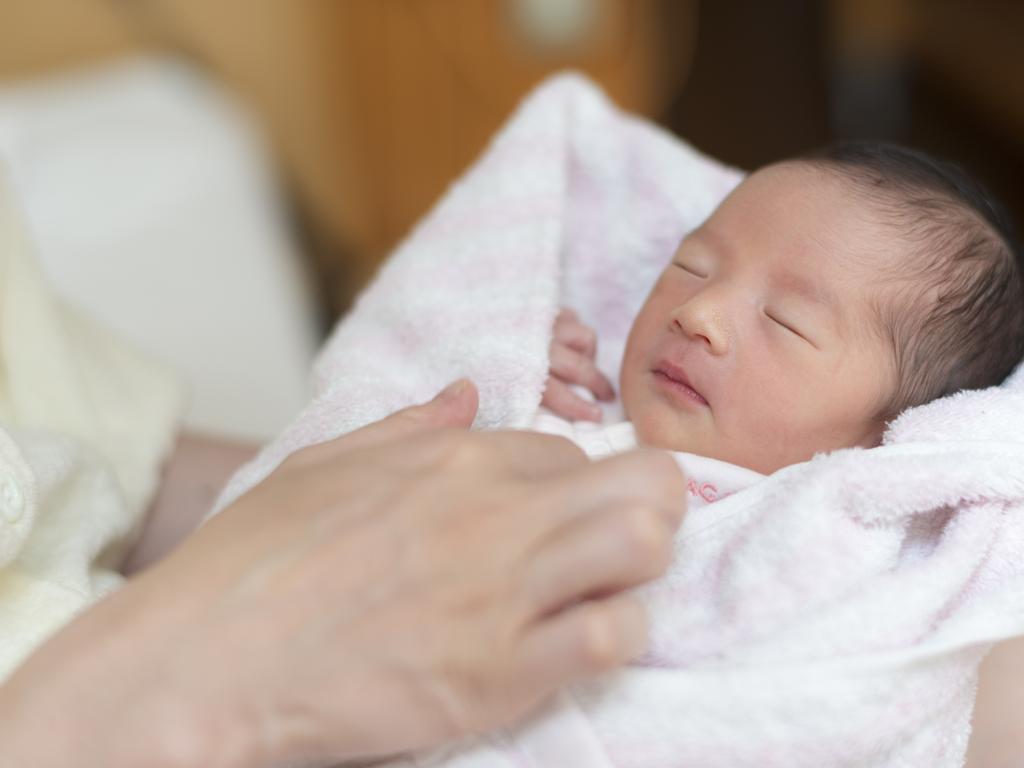
The government believes that these types of names create difficulties for local authorities, such as hospitals and schools, and in some cases, invite bullying from classmates.
While the revision does not outright ban kanji characters – and actually permits 3000 of them – parents will now be required to inform local authorities of their phonetic reading.
Before, Japanese families didn’t have to specify how the kanji were intended to be pronounced when registering the name of a new baby.
Now, only recognised pronunciations will be permitted, and if necessary, parents will be asked to suggest an acceptable alternative.
Quirky Japanese names
The government has labelled the move as a means to streamline digitisation and administrative processes.
However, many view it as an effort to kerb the rise of quirky and incomprehensible names, a trend which is also becoming increasingly popular around the world.
Japanese parents have faced criticism in the past for giving their children kira-kira names such as Pikachu (from Pokemon), Naiki (Nike), Daiya (Diamond), Pū (from Winnie-the-Pooh), and Kitty (after the fictional character Kitty Chan).
Others that have made headlines for names like Ōjisama (Prince) and Akuma (Devil).
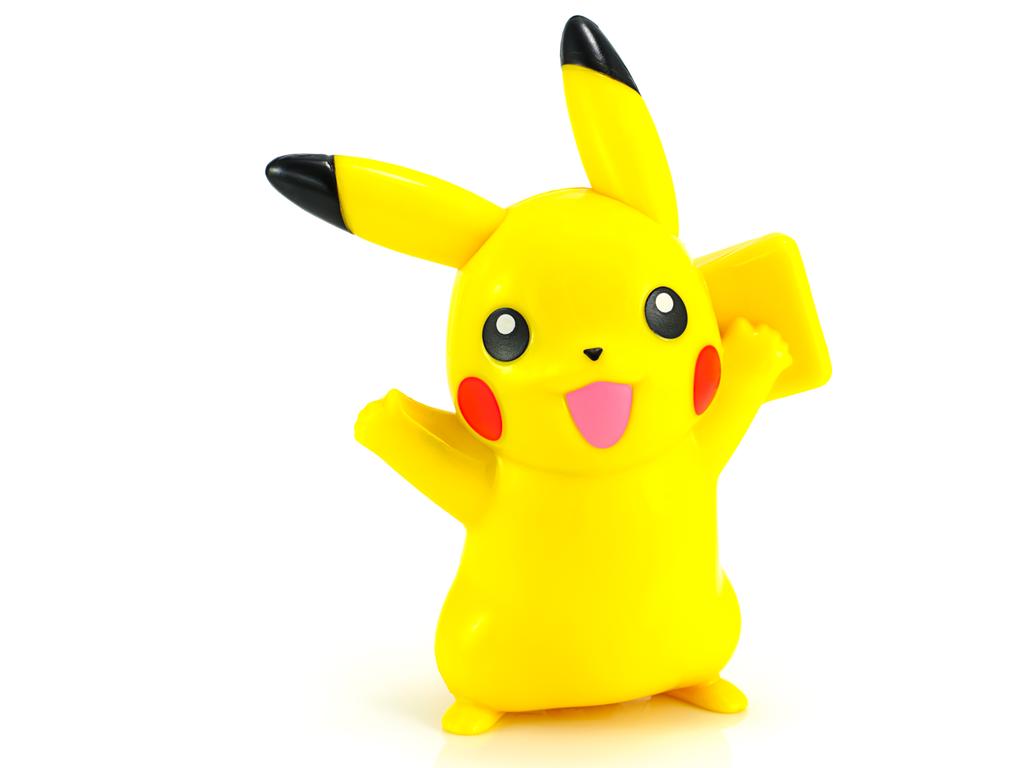
Seiko Hashimoto, a former Japanese Olympic speed skater and track cyclist, faced backlash when she named her sons Girishia (after Greece) and Torino (after Turin).
The names honour the cities that hosted the summer and Winter Olympics in the years her sons were born.
However, despite Hashimoto choosing the kanji characters and being aware of how to pronounce them, many people were left confused by the names.
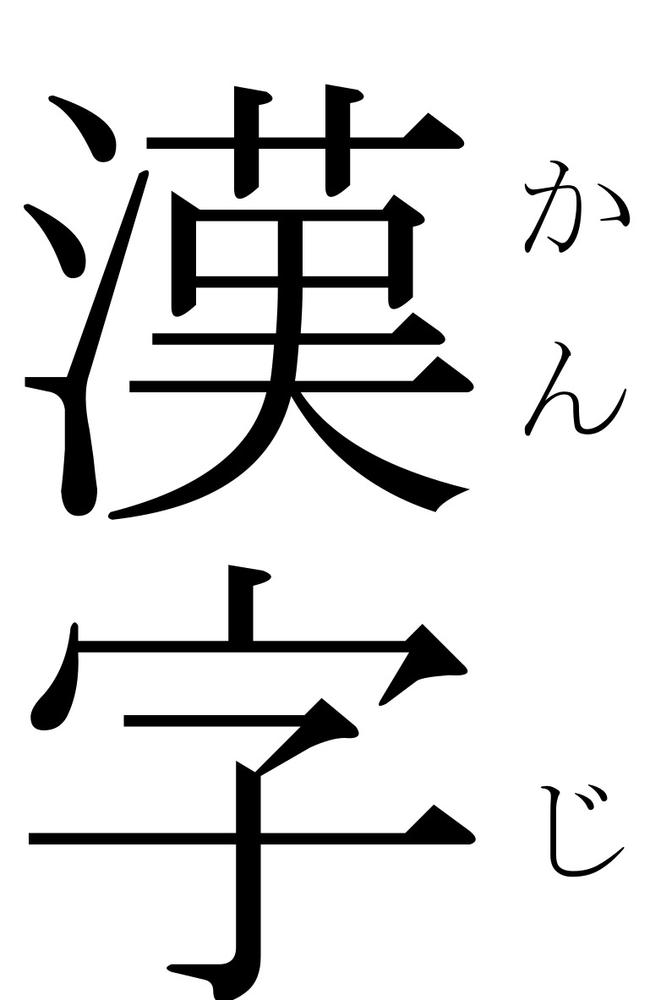
Unique baby name trend
In recent years, there has been a huge uptick in the number of parents choosing unique baby names for their children.
This is partly due to our increasingly online world, where influencer and celebrity baby name announcements seem to get stranger by the minute.
They have also trickled into the mainstream, with leading Australian baby name consultant, Michelle Casey, telling news.com.au that she’s witnessed everyday parents having a “growing desire for creative names that feel meaningful and reflective of personal values or heritage”.
Banned baby names
Like Japan, we also have strict naming laws Down Under, with 89 baby names banned in Australia.
While each state and territory has its own Births, Deaths and Marriages Registration Act, the names on the list are illegal nationwide under the Births, Deaths, and Marriages Registration Act 1996.
The legislation sets out guidelines for names that are off-limits, including those that are obscene or offensive, excessively long, incorporate symbols without phonetic significance, or are contrary to the public interest.
Names on the list include King, Nutella, Ikea, Ranga, Harry Potter, and Ranga.
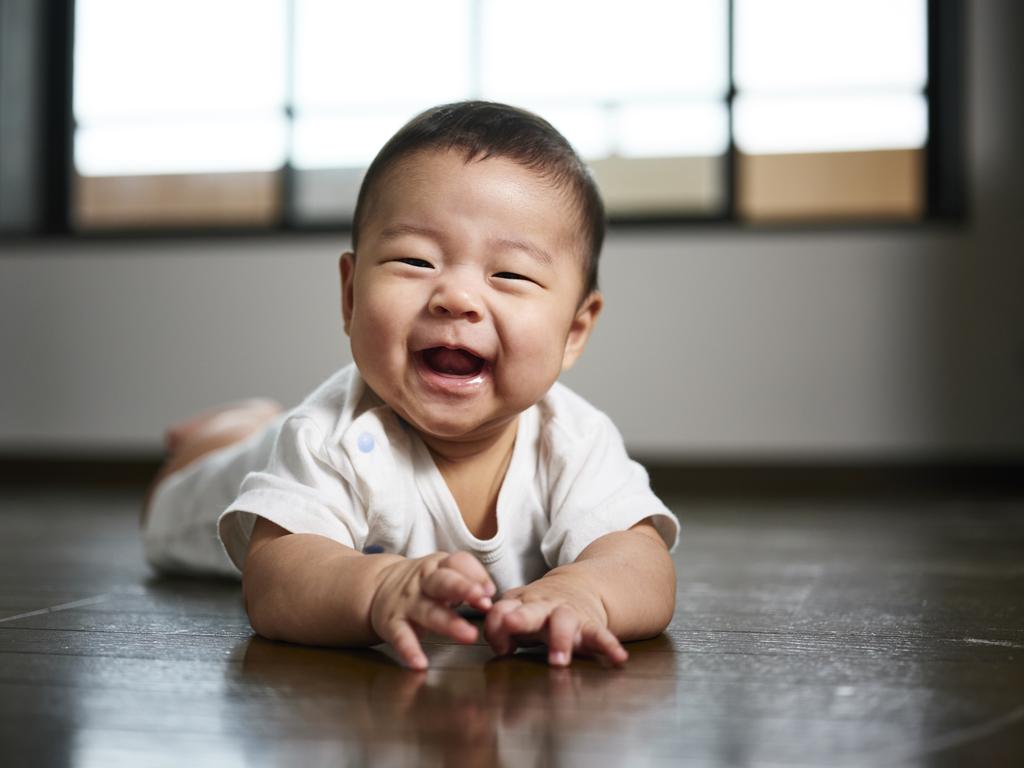
Baby name data confirms trend
McCrindle’s 2025 Australian Baby Names report confirms that parents are abandoning “traditional” names.
Michael, a once-popular boys’ name described as one of the “most popular monikers of the past century,” has entirely lost its appeal based on recent data.
The moniker has fallen 32 spots from 72 to 104 in the top 100, making it one of the most unpopular baby names lately.
McCrindle says that the decline of traditional names coincides with Australian parents favouring shorter alternatives over longer names.
They also prefer unique names over well-known ones.
Sixty-five per cent of parents stated they would be more likely to choose a unique name than a popular one.
More Coverage
Originally published as From Pikachu to Pudding: Country bans unique baby name trend




